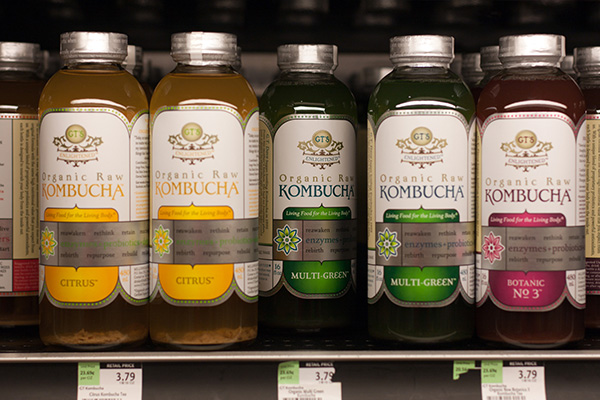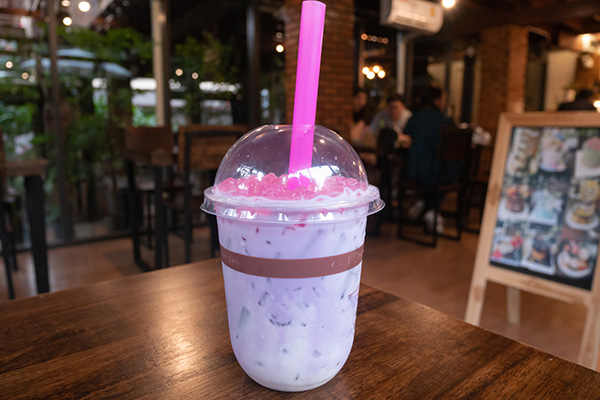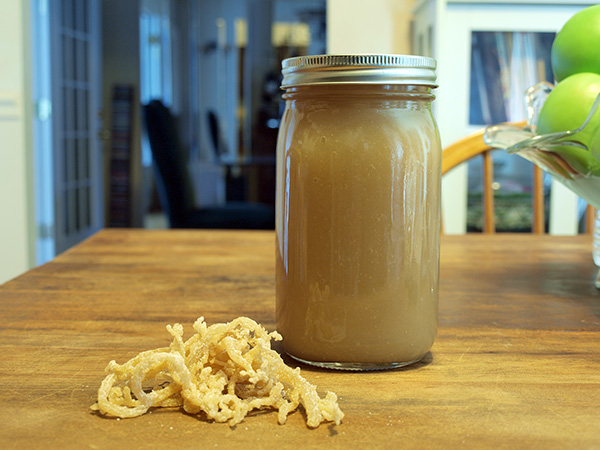Does Kombucha Need to Be Refrigerated?
Kombucha is a popular fermented beverage made from tea, sugar, and a symbiotic culture of bacteria and yeast (SCOBY). It is known for its tangy taste and potential health benefits.
But when it comes to storing kombucha, there’s often confusion around whether or not it needs to be refrigerated.
The short answer? Yes, whether it is store-bought or homemade, kombucha should be refrigerated to prevent the further fermentation process, which could lead to a change in flavor, carbonation, and alcohol content.

The Importance of Proper Kombucha Storage
To maintain its quality and prevent spoilage, kombucha needs to be stored properly. When kombucha is exposed to air, it continues to ferment, which can lead to changes in taste, carbonation, and alcohol content. Proper storage not only preserves the flavor and fizziness of the beverage but also keeps it safe for consumption.
Store-Bought Kombucha
Commercially available kombucha is typically pasteurized and has a more stable shelf life. These products are often found in the refrigerated section of grocery stores, and it’s recommended to keep them chilled at home as well. Refrigeration slows down the fermentation process, keeping the flavor, carbonation, and alcohol content consistent.
Home-Brewed Kombucha
Home-brewed kombucha is typically more sensitive to temperature changes and requires more careful storage. Since it’s usually unpasteurized, home-brewed kombucha continues to ferment at room temperature. This makes refrigeration even more important for maintaining quality and preventing over-fermentation.
How Long Can Kombucha Sit Out?
It’s essential to store kombucha in the refrigerator to slow down the fermentation process and maintain its quality. If kombucha is left at room temperature for an extended period after fermentation, it may become overly sour and carbonated. In extreme cases, the pressure from the excessive carbonation can cause the container to leak or even explode.
If you accidentally leave store-bought or home-brewed kombucha out of the refrigerator for a few hours, it’s usually still safe to consume. However, the flavor and carbonation may be altered, and it’s best to refrigerate it again as soon as possible.
Can Unrefrigerated Kombucha Make You Sick?
While it’s unlikely that consuming unrefrigerated kombucha will make you sick, there are some risks associated with improper storage.
Altered Flavor and Carbonation
As mentioned earlier, leaving kombucha at room temperature after fermentation can cause the flavor to become overly sour and the carbonation to increase. In some cases, this can make the beverage less enjoyable to drink.
Increased Alcohol Content
The continued fermentation of kombucha at room temperature can lead to an increase in alcohol content. Although kombucha is generally considered a non-alcoholic beverage, with an alcohol content below 0.5%, prolonged exposure to room temperature may cause the alcohol content to rise above this threshold.
Risk of Contamination
Improper storage of kombucha, especially home-brewed varieties, can increase the risk of contamination by harmful bacteria or mold. This can occur if the kombucha is exposed to airborne contaminants, improperly sanitized equipment, or if it’s stored in a container that is not airtight. Consuming contaminated kombucha can lead to foodborne illnesses and other health issues.
To reduce the risk of contamination, always practice good hygiene when handling kombucha, use clean equipment, and store the beverage in airtight containers.
Tips for Proper Kombucha Storage
To ensure the quality and safety of your kombucha, follow these storage tips:
- Refrigerate: Keep store-bought and home-brewed kombucha refrigerated after fermentation is complete. This helps maintain the flavor, carbonation, and alcohol content.
- Use Airtight Containers: Store kombucha in airtight containers, such as swing-top bottles or mason jars with tight-fitting lids. This helps prevent contamination and preserves the carbonation.
- Label and Date: Label your kombucha containers with the date of bottling or purchase. This will help you keep track of how long the kombucha has been stored and ensure you consume it within a reasonable time frame.
- Consume Within Recommended Timeframe: Most store-bought kombucha has a “best by” date on the label. For home-brewed kombucha, it’s generally best to consume it within a month of bottling. However, the specific shelf life can vary depending on factors such as the recipe and storage conditions.
Conclusion
It’s important to store kombucha properly to maintain its quality and ensure it’s safe to consume. Both store-bought and home-brewed kombucha should be refrigerated after fermentation to slow down the fermentation process and preserve the beverage’s taste, carbonation, and alcohol content. By following proper storage guidelines, you can enjoy the refreshing and potentially healthful benefits of kombucha without worry.
FAQ
Do You Shake Kombucha?
No, you should not shake kombucha. Instead, gently flip the bottle several times to mix any settled sediment.






